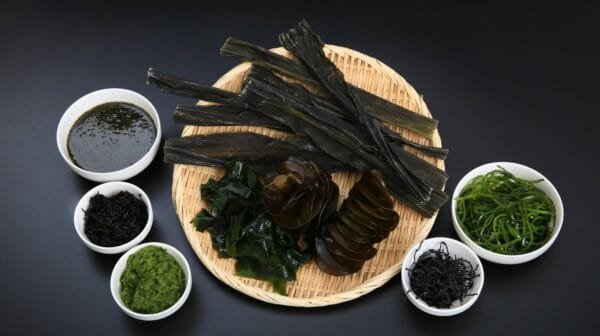What Are Sea Vegetables?
Sea vegetables, including dulse, kelp, wakame, and nori, are among the most mineral-rich foods available. Renowned for their healing benefits, these foods are packed with essential nutrients such as magnesium, potassium, and vitamins A, C, and K. Incorporating these sea plants into your diet not only enhances your nutrient intake but also supports overall health and wellness.

Nutritional Benefits of Sea Vegetables
These remarkable plants offer a host of health benefits, largely due to their rich composition of vitamins and minerals. For instance, the high levels of natural sodium found in sea vegetables can help maintain fluid balance in the body. Furthermore, the abundance of potassium plays a crucial role in heart health and muscle function. The antioxidant properties of vitamins A, C, and K contribute to cellular health and immunity, making sea vegetables a valuable addition to any nutrition plan.
Incorporating Sea Vegetables into Your Meals
Sea vegetables can be effortlessly included in everyday meals. Their unique, salty flavor makes them an excellent alternative to traditional protein sources, such as tuna. For example, nori can be used as a wrap for fresh vegetables or sushi, providing a gluten-free and nutritious option. Similarly, adding kelp or wakame to soups and salads can introduce a delightful taste while boosting the dish’s nutritional profile. Whether you’re following a macrobiotic diet or simply seeking to diversify your meals, sea vegetables offer a flavorful and beneficial choice.
